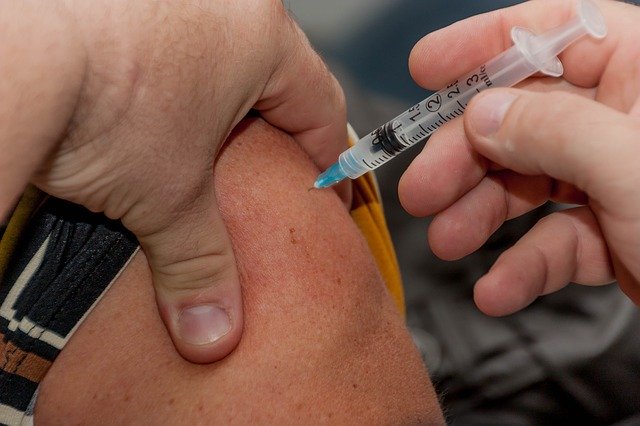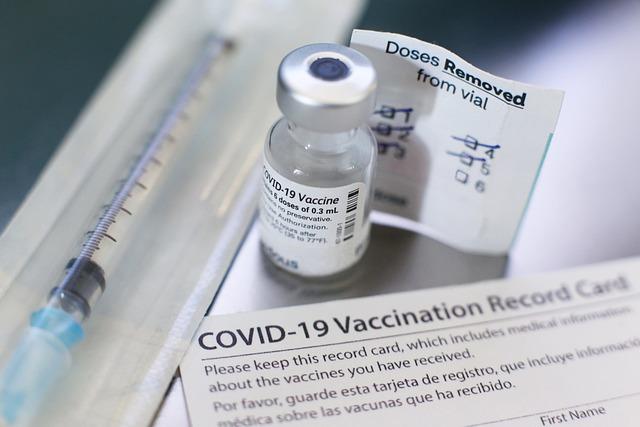A new study suggests that individuals receiving two or three doses of mRNA vaccine may experience milder illness if infected with the Delta or Omicorn variants than those who are unvaccinated.
Led by a team of University of Utah scientists, the study examined healthcare professionals, first responders, and other frontline first responders in Utah and five other states in the USA and found that the mRNA vaccine provides protection against severe outcomes despite the variants’ higher transmissibility.
What Is mRNA Vaccine?
Vaccine generates an immune response against particular infectious disease. Instead of using killed or inactivated pathogens, mRNA vaccine uses a copy mRNA that encodes a specific protein fragment similar to one of the pathogens having the ability to trigger a response against the pathogen.
In the COVID-19 mRNA vaccine, the mRNA encodes SARS-CoV-2 spike protein found on the surface of the virus required to infect the cell causing COVID-19.
Since the identification of the first COVID cases, several variants of the virus SARS-CoV-2 have evolved with different pathogenicity. Though early reports show the vaccine attenuated COVID-19 symptoms, results have been mixed. Therefore, it was essential to investigate if there is any association between 2 or 3 doses of vaccine and attenuation of symptoms (Network et al., 2022).
“It’s encouraging that the mRNA vaccines hold up rather well against these variants,” said Sarang Yoon, D.O., assistant professor in the Department of Family and Preventive Medicine at the University of Utah Health, also the lead investigator in the Utah unit of the research project—HEROES-RECOVER—funded by U.S. Centers for Disease Control and Prevention.
Co-author Sarang Yoon, D.O. further added: “We know that breakthrough cases are more likely with Delta and Omicron than the initial strain, but the vaccines still do a good job of limiting the severity of the infection.”
More Read
The Study
The study results were published in the Journal of the American Medical Association (JAMA).
In the study, the researchers examined 1,199 SARS-CoV-2 infections confirmed by RT-PCR testing.

Testing revealed that 24% of participants were infected with Delta variants, 62% with Omicron, and 14% with the original virus strain.
Of the participants, 38% received two vaccine doses, 33% had a third dose, and 29% were unvaccinated.
Outcome
Participants who received two vaccine doses and were infected with delta variants developed milder symptoms than those who were unvaccinated (77.8% vs. 96.1%). Those who received three doses experienced less fever and chill than the unvaccinated ones (38.5% vs. 84.9%).
In Omicron infection cases, the risk of developing symptoms was similar between unvaccinated participants and those with two vaccine doses. However, compared to unvaccinated participants, the recipients of 3 vaccine doses before Omicron infections were less likely to experience fever or chills (51.5% vs 79%) or seek medical care (14.6% vs 24.7%).
The results demonstrated that receipt of 2 mRNA vaccine doses 14 to 149 days before either Delta or Omicron infection was significantly associated with lower viral RNA load.
Significance
The authors emphasized that classifying participants by vaccine status and type of variants they were infected with resulted in a few subgroups with relatively few people, affecting the accuracy of the findings though the study is one of the largest of its kind examining the efficacy of Covid-19 vaccines over time and across variants.
The authors also characterized some results as “unexpected” among the vaccine recipients who received three doses and developed symptomatic Omicron infections.




















